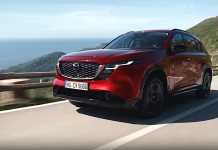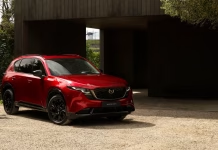Peugeot-owner PSA Group is discussing the purchase of General Motors’ European operations, making the French carmaker the second biggest player in the region and allowing GM to focus on North America and China.
In separate statements, GM which owns the Vauxhall and Opel brands, and the maker of Peugeot, Citroen and DS cars said they were looking at a number of “strategic initiatives” with the aim of increasing profitability and operating efficiency, including through a potential acquisition of Opel.
“There can be no assurance that an agreement will be reached,” the companies added. It was not immediately clear what price GM might want for the loss-making European business.
For PSA and Opel, both of which are active mainly in Europe, it is a rare opportunity to bulk up in a sector plagued by high costs, low margins and tough competition.
GM and PSA have already shared production of commercial vans and developed common vehicle platforms, a relic of their last attempt to forge a broader alliance, which was unwound in 2013 with the sale of the U.S. carmaker’s stake in PSA.
GM has repeatedly failed to make Opel profitable even after shutting Opel factories in Belgium and Germany and withdrawing the Saab and Chevrolet brands from sale. The last time Opel and Vauxhall recorded a net profit was in 1999..
Together, PSA and Opel would command a 16.3 percent share of the European passenger car market compared with Volkswagen’s 24.1 percent, based on 2016 data. They would overtake Renault as the closest rival to the German carmaker.
For GM, selling Opel and Vauxhall, which added almost 1 million cars to its sales, could mean abandoning the global volume race in which it is currently ranked third behind Volkswagen and Toyota, with just over 10 million vehicles delivered last year.
Selling Opel will free up GM to invest more to develop vehicles for the North American and Chinese markets, where it makes nearly all of its automotive profits, as well as to expand new businesses such as ride services, autonomous vehicles and connected commerce, Automotive News reports.













